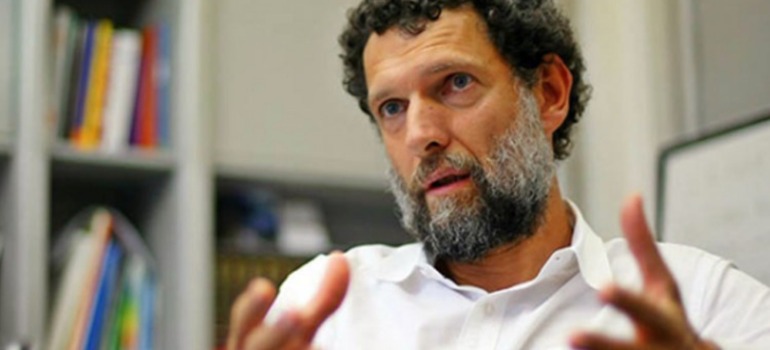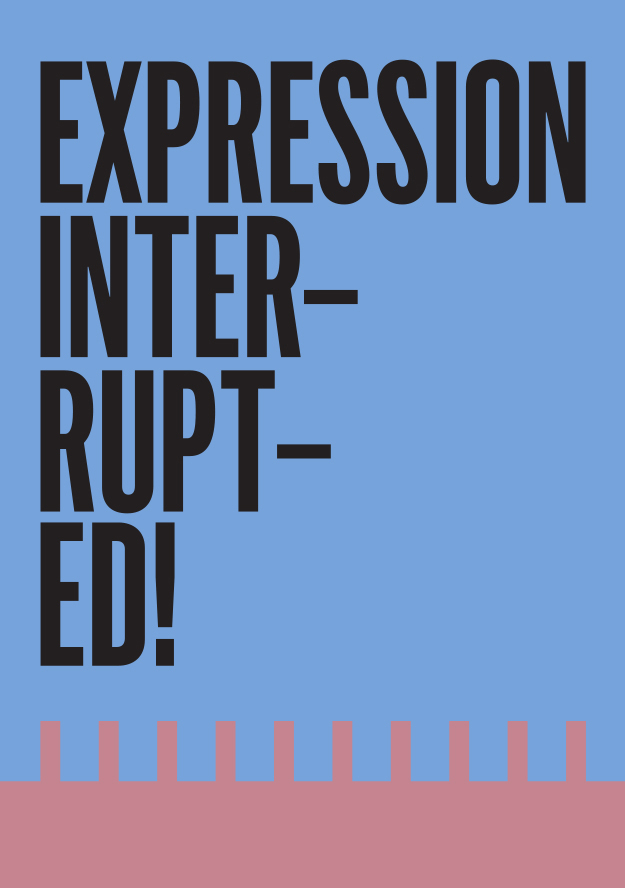Journalists and academics bear the brunt of the massive crackdown on freedom of expression in Turkey. Scores of them are currently subject to criminal investigations or behind bars. This website is dedicated to tracking the legal process against them.


At this week’s meeting, the Committee of Ministers of the Council of Europe will vote on its decision to launch infringement proceedings against Turkey for failing to implement the European Court’s Osman Kavala judgment
The Committee of Ministers of the Council of Europe is meeting once again on 2 February to vote on its decision to launch infringement proceedings against Turkey before the European Court of Human Rights (ECtHR) as Turkey continues to refuse implementing the Strasbourg Court’s Osman Kavala judgment, which became final in 2020.
Businessperson and civil society leader Osman Kavala has been in pre-trial detention since November 2017 on charges stemming from allegations that he “helped finance and organize 2013’s Gezi Park protests and the 15 July 2016 coup attempt.” In December 2019, the ECtHR ruled that Kavala’s detention took place in the absence of sufficient evidence that he had committed an offense. The European Court concluded that the Turkish government was to take every measure to put an end to the applicant’s detention and to secure his immediate release. The Court’s judgment became final in May 2020, at which point the Committee of Ministers began supervising its execution. However, Turkish courts have been repeatedly rejecting requests for Kavala’s release and therefore refusing to abide by the Strasbourg Court’s judgment.
In December 2021, the Committee notified Turkey of its intention to refer the issue to the Court at its meeting on 2 February. The Committee has been strongly urging the Turkish authorities to ensure Kavala’s immediate release and the conclusion of the criminal proceedings against him based on the ECtHR findings.
However, in the latest hearing of the merged Gezi and Çarşı retrials, held on 17 January, the trial court once again ruled for the continuation of Kavala’s pre-trial detention. The next hearing of the case is scheduled for 21 February.
At this week’s meeting, the Committee of Ministers is expected to vote on their decision to refer Turkey to the ECtHR in line with Article 46/4 of the European Convention on Human Rights (ECHR).
“An unprecedented case”
Commenting on what to expect after this week’s Committee of Ministers meeting, Amnesty International’s Turkey Campaigner Milena Buyum told Expression Interrupted that there was no precedent as to how the infringement process will work as this action was only taken once before, in the case of Azerbaijani opposition politician Ilgar Mammadov.
Buyum said: “On 2 February, the Committee of Ministers is expected to vote on its decision to refer the case to the Grand Chamber, which will decide whether the non-implementation of the judgment is a violation of the Convention. The decision has to be taken by a two-thirds majority, that is, at least 32 member states.
“Afterwards, the Grand Chamber’s decision will be awaited. This process will take time. This procedure has only been applied once before. In the process regarding the case of Ilgar Mammadov, it took more than two years for the Grand Chamber to rule. In the meantime, before the Grand Chamber’s judgment, Mammadov was released.
“The process with the Kavala case is proceeding faster. Turkey claims the European Court’s Kavala judgment has been implemented and that he is currently in detention for a different charge. The Committee does not accept this. We will be waiting for the Grand Chamber’s decision after 2 February. Even if Kavala is released in the meantime, the ECtHR will still rule. If Kavala is not released even after the Court’s upcoming ruling, this will lead to an unprecedented situation.”
“Courts act as though the ECtHR judgment does not exist”
Kavala’s lawyer Köksal Bayraktar told Expression Interrupted that courts have been ignoring the finalized ECtHR judgment:
“The Committee of Ministers will make a decision at its meeting on 2 February. It will officially decide whether the ECtHR judgment was implemented by Turkey or not. This decision will be sent to the ECtHR. Two years ago, the ECtHR ruled that Osman Kavala's lengthy detention was in violation of Articles 5 and 18 of the ECHR. As Osman Kavala’s lawyers, we immediately reported this to the court. The court initially rejected implementing the judgment on the grounds that the European Court’s judgment had not yet become final, because the State has the right to object. And it did. And the Grand Chamber rejected the objection. For the past two-and-a-half years, we have been demanding the implementation of the judgment. In every single courtroom hearing and in every monthly review of our client’s detention, we make the same request. but unfortunately, the courts -- including the 30th, 38th and 13th High Criminal Courts of Istanbul -- keep rejecting our requests.”
Stating that the judgments of the ECtHR are binding for all member states, Bayraktar said that Turkey has been acting as if the European Court’s Kavala judgment did not exist:
“We have been asserting in every single hearing that the ECtHR’s judgment is binding and demanding its implementation. But the courts never mention a word about the judgment. The Istanbul 30th High Criminal Court acquitted Kavala [in the initial Gezi trial] and ruled for his release. But his release was unfortunately limited to the prison courtyard. Three hours later, they re-arrested Kavala. He was taken into custody, re-arrested and sent back to prison. The act attributed to Kavala as the grounds for his detention is the same [as the previous case], the Gezi protests. This is yet another violation. Turkey initially charged Kavala with Article 312 of the Turkish Penal Code [attempting to overthrow the government]. After the acquittal, this time they charged him with Article 309 [attempting to overthrow the constitutional order]. As if this was not enough, they also charged him with ‘espionage.’ But there is not the slightest bit of information exchange that could constitute the act of espionage. It is unclear how they came up with the espionage charge.”
“At odds with the Council of Europe”
Bayraktar attributes the gap between the Turkish judiciary and the ECtHR in the case of Kavala to the Turkish government’s outlook on the Gezi protests:
Turkey has seen numerous protests similar to Gezi since the student protests of 1968. Gezi was a protest that should be evaluated within the scope of the Law on Public Demonstrations. But the government sees it as an insurrection. We have been asserting in various ways that it was not an insurrection, but to no avail.”
Pointing out that Turkey is the second country to face infringement proceedings before the ECtHR, Bayraktar added: “There is no previous example. This political authority is at odds with the Council of Europe. This happened only once before -- against Azerbaijan -- regarding the Ilgar Mammadov case. However, no sanction was imposed on Azerbaijan because at the stage when the Committee of Ministers decided to refer the case to the ECtHR, Azerbaijan released Mammadov. We can only hope for a similar outcome for Kavala.”
